Conditions We Treat
ABA Therapy Goes Beyond the Spectrum
ABA Offers Effective Treatment For Many Conditions
Applied behavior analysis (ABA) is a useful treatment for a variety of neurological and sensory processing disorders and can be used to treat a variety of behavioral and developmental challenges. At SkyCare ABA, our primary focus is using ABA therapy to help children on the spectrum successfully integrate into society and overcome common challenges associated with autism. However, for those conditions that are commonly co-diagnosed or even stand-alone, ABA has been proven to be an effective option as well.
At SkyCare ABA, we offer a variety of ABA treatment services to help your child develop functional skills, in addition to teaching family and educators how to support the challenged child. To get your child started with an ABA plan tailored to their needs, enroll in a program with a qualified therapist at SkyCare ABA today!
Conditions ABA Therapy Can Treat


Other Conditions ABA May Be Useful For
Applied behavior analysis (ABA) treatment is effective for a wide range of pediatric and adult disorders. At SkyCare ABA, we use ABA therapy to treat childhood disorders, primarily autism and sensory processing disorders. However, the list of disorders it may treat continues to generally affect the adult population that include:
- Substance misuse/abuse disorders
- Dementia
- Traumatic brain injury
- Eating disorders
- Anxiety disorders, including panic disorder, OCD, and phobias
- Anger and aggression issues
- Borderline personality disorder
Nearly every disorder listed uses a combination of approaches including ABA, OT, and counseling to achieve positive results that allow those diagnosed to reach their full potential and better manage their conditions.
Goals and Potential Outcomes Of Successful ABA Therapy
The goal and expected outcomes of ABA therapy will differ for each child. The extent of the symptoms of their condition as well as goals and potential will influence the treatment plan and end result. The goal of ABA therapy is to allow your child to reach their full potential and live their most independent lives. For each person, the impairment will differ as will response and progress. This is why it is critical to have a team that continually reassess and modify the treatment plan accordingly. Some expected outcomes may include:
- Showing more interest in people around them and an ability to respond appropriately
- Communicating with other people more effectively
- Learning to ask for things they want or need, clearly and specifically
- Having more focus and requiring less redirection
- Reducing or stopping self-harming behaviors
- Having fewer tantrums or other outbursts
Whether your child needs help in one area or all of these plus more, your ABA team can help educate you and implement interventions to get your child where they can live their best life - the sky's the limit!


Conditions Commonly Associated With ASD
Autism spectrum disorder (ASD) is often diagnosed along with other similar or closely related disorders that have an impact on behavior and cognitive function. When we talk about other conditions that ABA is useful in treating, many of them are experienced by children on the spectrum, so it should come as no surprise that ABA is an effective treatment option for both. Some conditions that are commonly associated with ASD that also benefit from ABA treatment include:
- Attention Deficit Hyperactivity Disorder
- Sleep Disorders
- Fragile X
- Anxiety
- Obsessive Compulsive Disorder (OCD)
- Pervasive Development Disorder (PDD-NOS)
- Sensory Integration Disorder
For children with multiple disorders, applied behavior analysis (ABA) treatment can effectively treat both issues simultaneously. If your child suffers from any of the disorders listed, contact us to enroll in a treatment program today.
BEYOND THE SPECTRUM
The benefits of applied behavior analysis are not limited to treating autism spectrum disorder (ASD) or its commonly co-diagnosed conditions. ABA is a practical treatment option for nearly every behavioral and cognitive disorder. To learn more and discover the benefits for yourself, connect with a SkyCare ABA representative to schedule an evaluation today.
Myths Surrounding ABA Treatment and ASD

Myth: ABA is only used to treat ASD
Fact: ABA therapy can be tailored to treat a variety of disorders individually or dual-diagnosed. Applied behavior analysis is an effective option for multiple disorders for children on the spectrum, with developmental disorders, or for children with independent behavioral challenges.

Myth: ABA is only for low-functioning or severely symptomatic children.
Fact: Applied behavior analysis therapy can be effective for children and adults with a wide range of symptoms to severely limiting behaviors to minor behavioral challenges and everything in between. In fact, early intervention yields the best outcomes and can help prevent severe symptoms.

Myth: ABA only addresses behavioral concerns.
Fact: ABA not only addresses behavior concerns, but also recognizes the need to address all types of issues a child may face. Programs are implemented to build cognitive skills, teach emotional recognition, and social skills, along with many other skills needed to function in daily living. At SkyCare ABA, our ABA treatment programs also integrate occupational and speech-language therapies, along with counseling.
Recent Posts
Myths About Autism and Learning Abilities
Despite the rising prevalence of autism and the integration of those on the spectrum into neuro-normative peer-group classrooms, the myths surrounding autism and the learning abilities of autistic children are astounding. At SkyCare ABA, we practice on the belief of neuroplasticity and the ability that every child has the ability…
Tips For Managing Siblings of Children on the Spectrum
Raising kids is hard. Having a child on the spectrum can make challenges a little more complicated. And, having an autistic child in addition to other children can make things a little more difficult. A parent plays many roles in their children’s lives including nurturer, coach, chef, chauffeur, referee, entertainer,…
Autism-Friendly Classroom Activities All Students Will Enjoy
As an educator, you’ve been reacting to the diversity of children’s abilities and preferences in your classroom each school year. As classrooms become more inclusive and children on the spectrum are integrated into neuro-normative peer classrooms rather than being segregated in special needs environments, you can make yours more welcoming…



